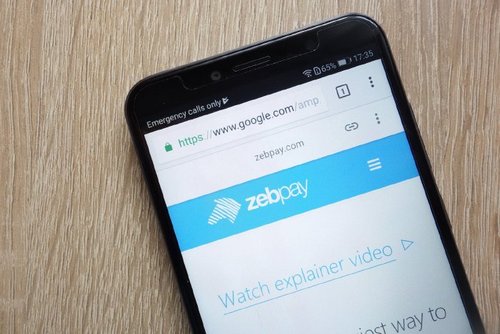The Financial Supervisory Service and the FIU will also strengthen the Anti-Money Laundering (AML) system for virtual assets such as cryptocurrency in accordance with the recommendations by the Financial Action Task Force ahead of the law’s implementation.
On March 5, South Korea’s National Assembly passed a revised bill on the reporting and use of special financial transaction information, focusing on the introduction of a permit system for cryptocurrency exchanges.
Accordingly, virtual asset operators such as cryptocurrency exchanges would have to report their operations to the Financial Intelligence Unit (FIU) under the Financial Services Commission after obtaining «real name-confirmed accounts» from commercial banks. Failure to report operations could result in up to five years in prison or 50 million won ($42,000) in fines.
The bill, to be implemented in March next year, calls for existing crypto exchanges to meet requirements for a real-name account and ISMS authentication, and to report their operations within six months after the law’s implementation.
The revised bill will speed up the preparation of sub-law regulations, including the scope of virtual asset businesses subject to AML requirements, and conditions and procedures for issuing real-name accounts.

Only the strong will survive?
Thus far, only four large cryptocurrency exchanges – Upbit, Coinwon, Bithumb and Korbit – have used real-name accounts. Most others have reportedly relied on honeycomb accounts, through which they received investor money with their own corporate accounts to support customer transactions.
As the conditions and procedures for banks to issue real-name accounts to crypto exchange become stricter, small exchanges utilizing honeycomb accounts will be forced either to comply or exit the industry.
South Korean Presidential Commission Wants to Bring Crypto Into Mainstream Finance
Financial institutions should be allowed to offer cryptocurrency products such as derivatives, according to a government advisory body in South Korea.In a new report, the Presidential Committee on the Fourth Industrial Revolution (PCFIR) proposed the government could move to bring cryptocurrencies into the mainstream of finance through a number of measures, including derivatives.
With cryptocurrency trading surging worldwide, «it is no longer possible to stop crypto-asset trade,» said the PCFIR, as per a report by Business Korea on Monday.
The commission said the government could follow the lead of U.S. regulators and sanction products such as futures contracts tied to bitcoin. Institutions would also be allowed to offer other cryptocurrency services such as trading.
«The Korean government has to gradually allow institutional investors to deal in crypto assets and promote over-the-counter (OTC) desks dedicated to institutional investors’ trade,» the commission said in the report.
To support such a move, the nation’s fintech sector should develop custody solutions for cryptocurrency to avoid a reliance on foreign custodians, said the PCFIR.
Addressing crypto exchanges, the commission said the government should look into bringing in a licensing scheme or guidance. The industry is currently loosely controlled via guidance given to banks and a South Korean financial watchdog under the Financial Services Commission is also reportedly aiming to directly supervise exchanges.
Other suggestions from the PCFIR included, notably, that bitcoin might be directly listed on Korea Exchange, the nation’s securities bourse, and that the terms «cryptocurrency» and «virtual currency» could be brought together under the umbrella term crypto assets.
The PCFIR was set up in 2017 to advise on policies relating to new technologies and help lay the groundwork for related new industries and services.


